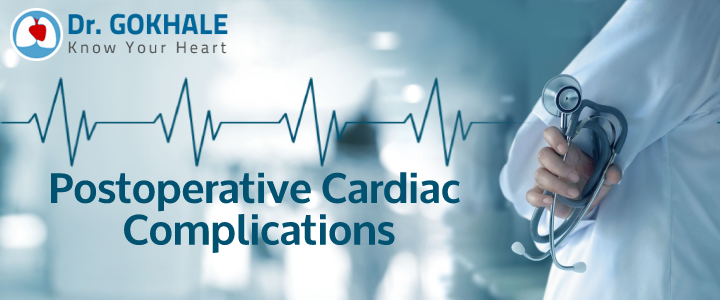Heart surgery is one of the most common surgeries that an adult undergoes nowadays. The most common type is open heart surgery and it may be done to perform a CABG on people with coronary heart disease.
Other reasons for an open heart surgery
Open heart surgery can also be performed on:
- Patients who need a replacement or repair of heart valves so that blood can travel through their heart.
- Patients who need a repair of the damaged or abnormal areas of the heart
- Patients who need a donated heart to be replaced with theirs
- Patients who need medical devices to be implanted into their hearts.
Complications after heart surgery
Heart surgery has various benefits but there are also some heart complications after surgery that are not that common. The complications may include:
- Risk of bleeding: Most patients require blood transplants post-surgery. In most cases, bleeding is so severe that patients have to undergo additional surgery to stop it. The risk of bleeding from the site of the attached graft is extremely high.
- Blood clots: If blood clots form, the chances of heart attack complications after surgery becomes very high.
- Failure of the kidney: An open heart surgery might damage a person’s kidney but that might be temporary.
- Problems of heart rhythm: heart rhythm problems are a very common complication of coronary bypass surgery and this can cause clots of blood that might travel to other parts of the body.
- Infection: this is extremely rare and only happens to 1 percent of bypass patients. An infection can be caused where the incision had been made to open up a patient’s chest for surgery.
- Postpericardiotomy syndrome: this syndrome is extremely common and happens to a lot of patients post-surgery. The symptoms of this syndrome are chest pain and fever.
- Difficulty in thinking or memory loss: this has been reported by many patients who have undergone bypass surgery. The problem takes at least 6 months to a year to get improved. The cause of this is unknown to date but one theory says that the tiny bits of fatty build-up can travel to the brain when the person is getting operated on with a heart-lung machine.
- Reactions to anesthesia: the surgery is performed after giving the patient anesthesia and the patient is asleep. They might have reactions to it and might face difficulty in breathing while undergoing the surgery.
- Death:Postoperative heart failure may occur in patients after coronary bypass surgery and that leads to a person’s death.
These are a few complications that a patient might face after bypass surgery. These complications are rare and must not stop an individual from undergoing heart surgery when the need arises as it can save their life. Dr Gokhale is the best cardiac surgeon in Hyderabad who has been treating and operating on his patients for a very long time. Go to his website to check out the different fields in which he offers his guidance so that you can remain healthy.













